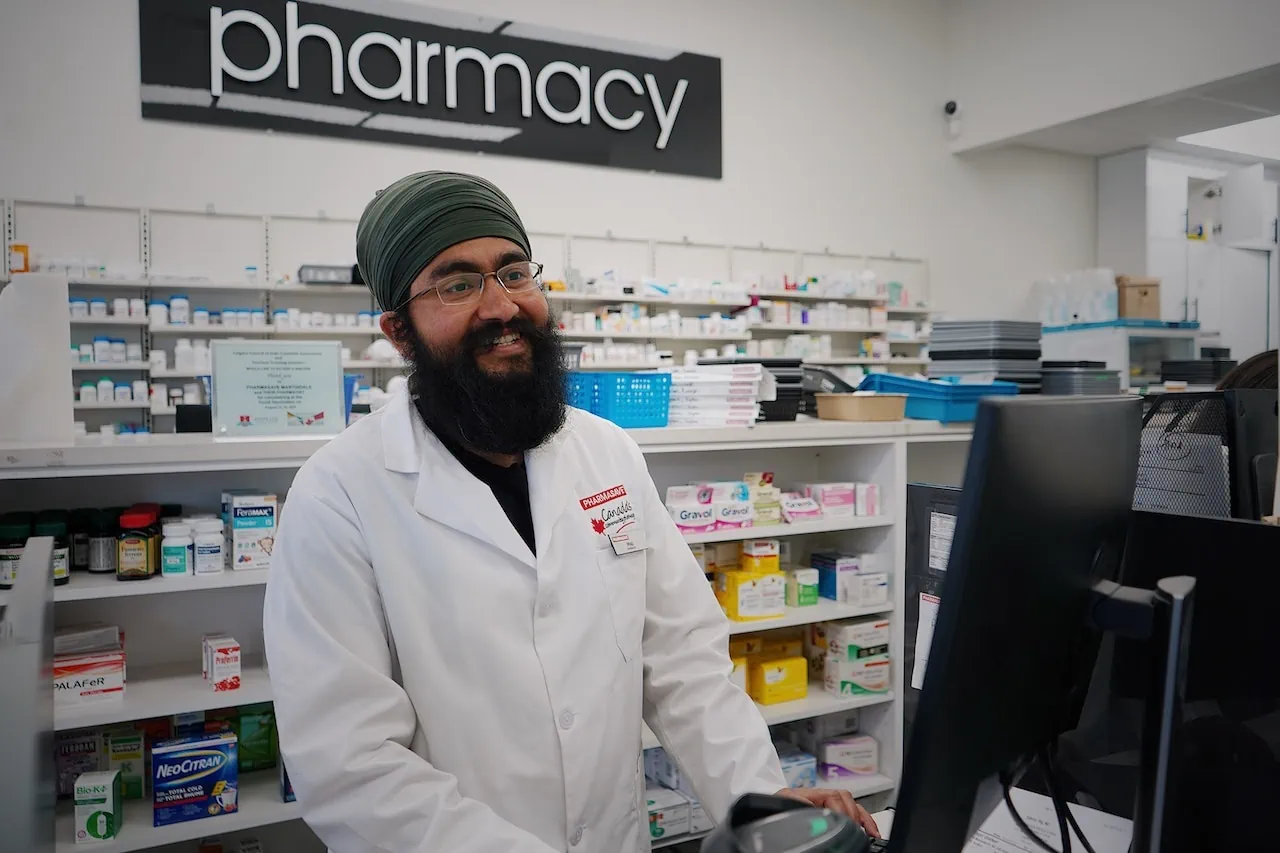


The FDA recently approved a new OTC form of naloxone nasal spray, meant to be available for people to purchase via dispensers and other less conspicuous places without the input of medical professionals. Naloxone is an opioid overdose reversal drug available by prescription and over the counter in certain states. In most localities, a user must take a training class to administer the lifesaving drug. Much debate surrounded removing the training requirements. For the FDA, the discussion centered not on using naloxone but on the importance of fine-tuning its instructions.
At a meeting involving the Nonprescription Drug Advisory Committee and Anesthetic and Analgesic Drug Products Advisory Committee, pharmaceutical giant Emergent BioSolutions presented data and newly developed labeling for an OTC form of its nasal naloxone spray. (Typically, people who are prescribed naloxone have to take a short training class or meet other requirements.)
New instructions were written to help people without healthcare training in emergency treatment. Still, FDA reviewers cited various issues, ranging from user errors like dialing 911 first (rather than administering a dose) to the possibility that each blister packaging may need to contain instructions should users discard the box.
The FDA will work closely with manufacturers to ensure the design is simple and effective for people who have never used it before. "The design of the entire user interface plays an important role in how effective the product is at reversing opioid-induced respiratory depression and preventing death and other serious outcomes," they wrote briefly before the meeting.
The FDA Committees issue opinions to the FDA, which are usually respected in final decisions. While OTC Naloxone is likely soon to be approved, there will still be barriers to access, such as cost and locality.
Naloxone (brand name Narcan) is a medication used to reverse opioid overdose rapidly. It works by blocking the effects of opioids in the brain and can quickly restore normal breathing in someone who overdosed on opioids. Narcan is typically administered by emergency medical personnel, but in recent years, some jurisdictions have made it available over the counter, meaning that anyone can purchase it without a prescription.
The benefits of Narcan being available over the counter include:
While Narcan can be a lifesaving medication, it is not a substitute for long-term treatment and support for opioid addiction. Most people need additional medical help after an overdose.
If you or someone you know is struggling with opioid addiction, seeking professional help and support is important.
If you or a loved one is looking for safe, stable housing as you continue your recovery, sober housing may be your best next step. Learn more about what we can offer by giving us a call.
Addiction, also known as a substance use disorder, is a disease that can be insidious and powerful. For many people, relapse is a part of their recovery journey. But it doesn’t have to be that way.
The symptoms of relapse are not usually so apparent to people who suffer from it, and it takes a lot of work for a previously addicted person to get and stay clean. Living with everyday stress is a fact of life. People in recovery must find new coping skills and behaviors to help them avoid using drugs and alcohol again. But sometimes, old behavior patterns start to appear in life slowly but surely.
Relapse Warning Signs
When a person starts to enter the relapse process, there’s enough time for recognition that they need to change their behavior. Here are some of the warning signs that somebody is heading towards a relapse:
These are just a few things that can lead to relapse. The most significant message is that if you’re feeling bad, engaging in behavior that makes you feel bad, or otherwise feel “off,” hightail it to a meeting or call your sponsor. Nobody is perfect, but that’s not a reason to use.
Recovery is a journey, not a destination, and that’s good news. So do your best to stay the course and make sure you use the support that’s available to you.
Support Prevents Relapse
If you relapse, that doesn’t mean you’ve failed. Relapse is a part of many peoples’ stories – but it doesn’t have to be.
Find a stable support system and live with people who understand and support your recovery.
Learn more about sober housing options through our directory or call us at 760-216-2077. We’re happy to answer any questions.
